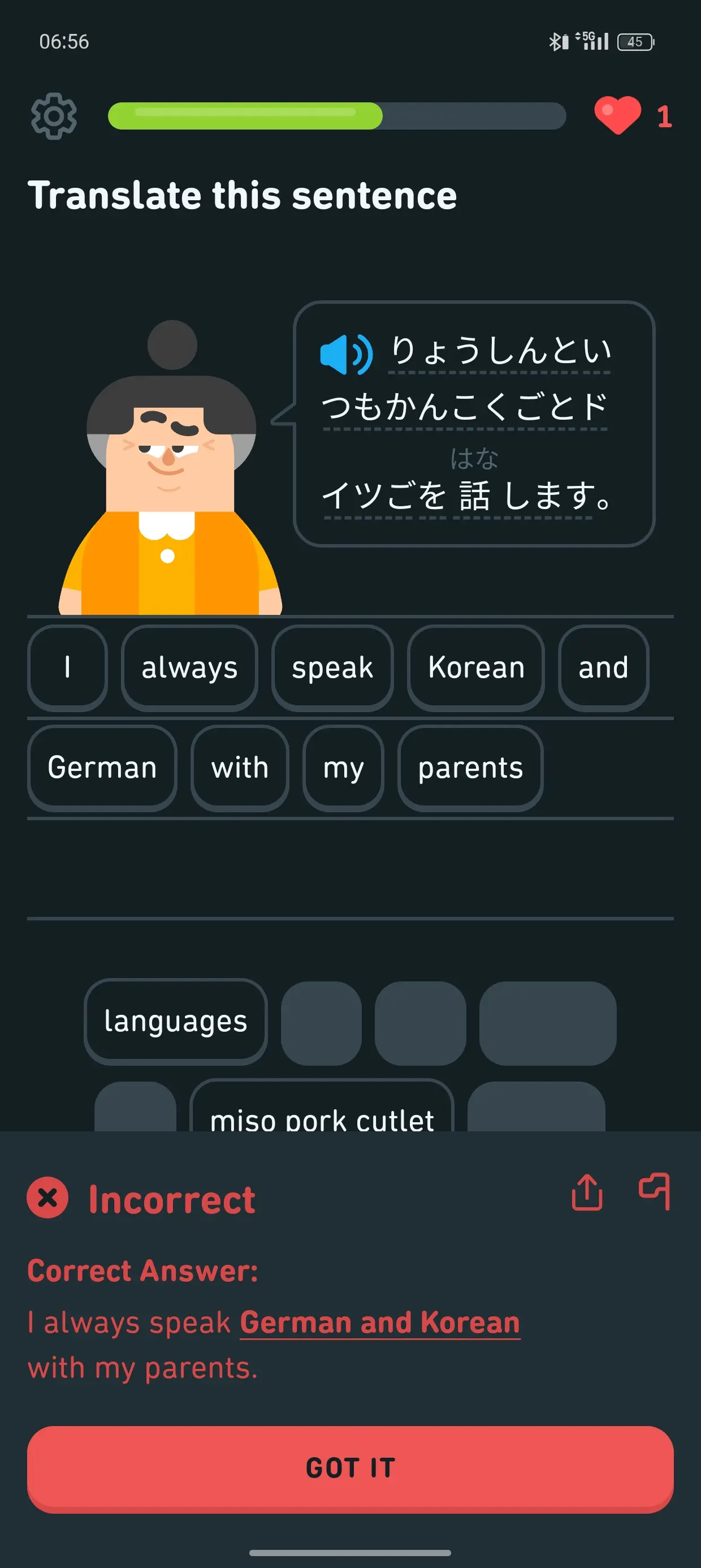I had a couple of issues of this 3 decades ago (I think Tower Records in the UK sometimes had it).
A magazine for English-speaking learners of Japanese, using snippets from manga popular in Japan (not just the usual suspects known abroad). Explaining vocabulary, grammar, pronunciation, writing systems, culture, politics, history and more, in a fun and memorable way.
The full run from 1990 to 1997 has been uploaded by Mangajin, Inc. to the Internet Archive.
Collection on Archive.org
Wikipedia
Found via Language Log


Editor's note from Volume #1, June 1990
The MANGAJIN project has been brewing for quite some time now, but when the Japanese language “boom” started around the end of the 80's, we decided that the time was right to put the plan into action. In order to develop the concept, we talked to a lot of people and did as much research as we could, but it was impossible to do any real quantitative research. Now that MANGAJIN has been launched, we hope to use it as a research instrument to find out more about what type of material you want to see in this publication.
When we select material for publication in MANGAJIN, we consider suitability for language study — we look for a representative mix of slang and polite speech forms, and for sentence structures likely to be useful. We try to pick material which, although “comic” in nature, reflects popular Japanese culture and values, The final criterion, however, is whether the story has entertainment value.
Because so many people seem to be interested in Japanese for business reasons, we selected a business-related story (Hotel, by Shotaro Ishinomori) as our feature manga for this issue, but we're open to suggestions for future issues. There is certainly plenty to choose from in the world of manga—it's estimated that comic books and magazines accounted for more than 30% of all books and magazines published in Japan in 1988. Let us know what you'd like to see.
Although preferences vary, most people agree that manga are one of the few ways that students of Japanese can access “real” colloquial Japanese and get a glimpse of contemporary Japanese pop culture. Because we provide the readings for the Japanese text in English letters, along with translations and notes, you won't have to spend so much time flipping through the kanji dictionary that you lose interest in the story.
1 hope you find your own method of using and enjoying MANGAJIN, and please let us hear from you.




